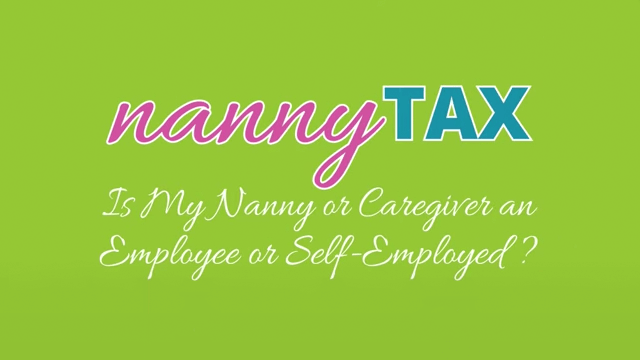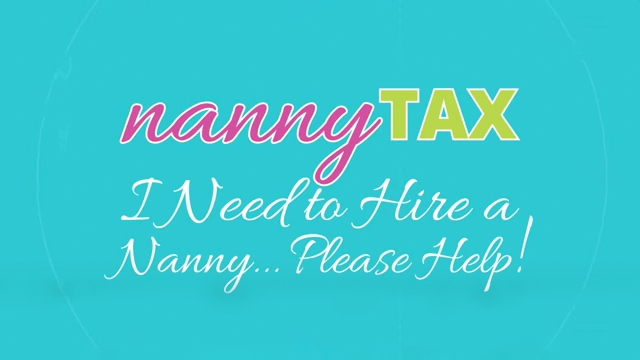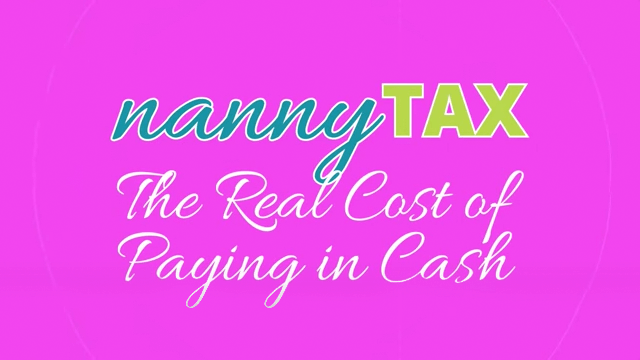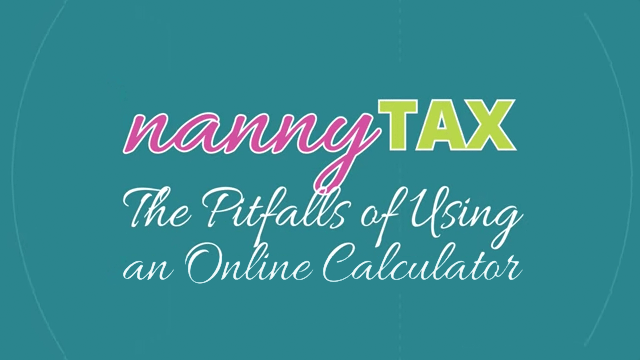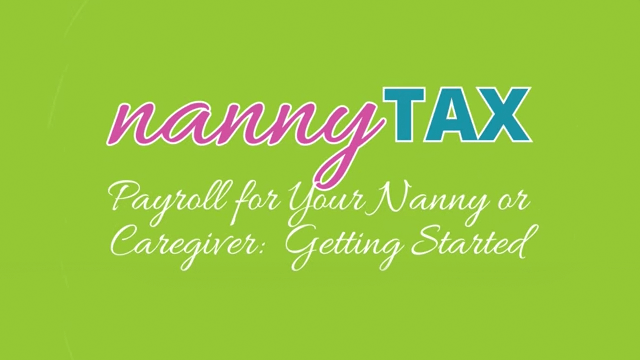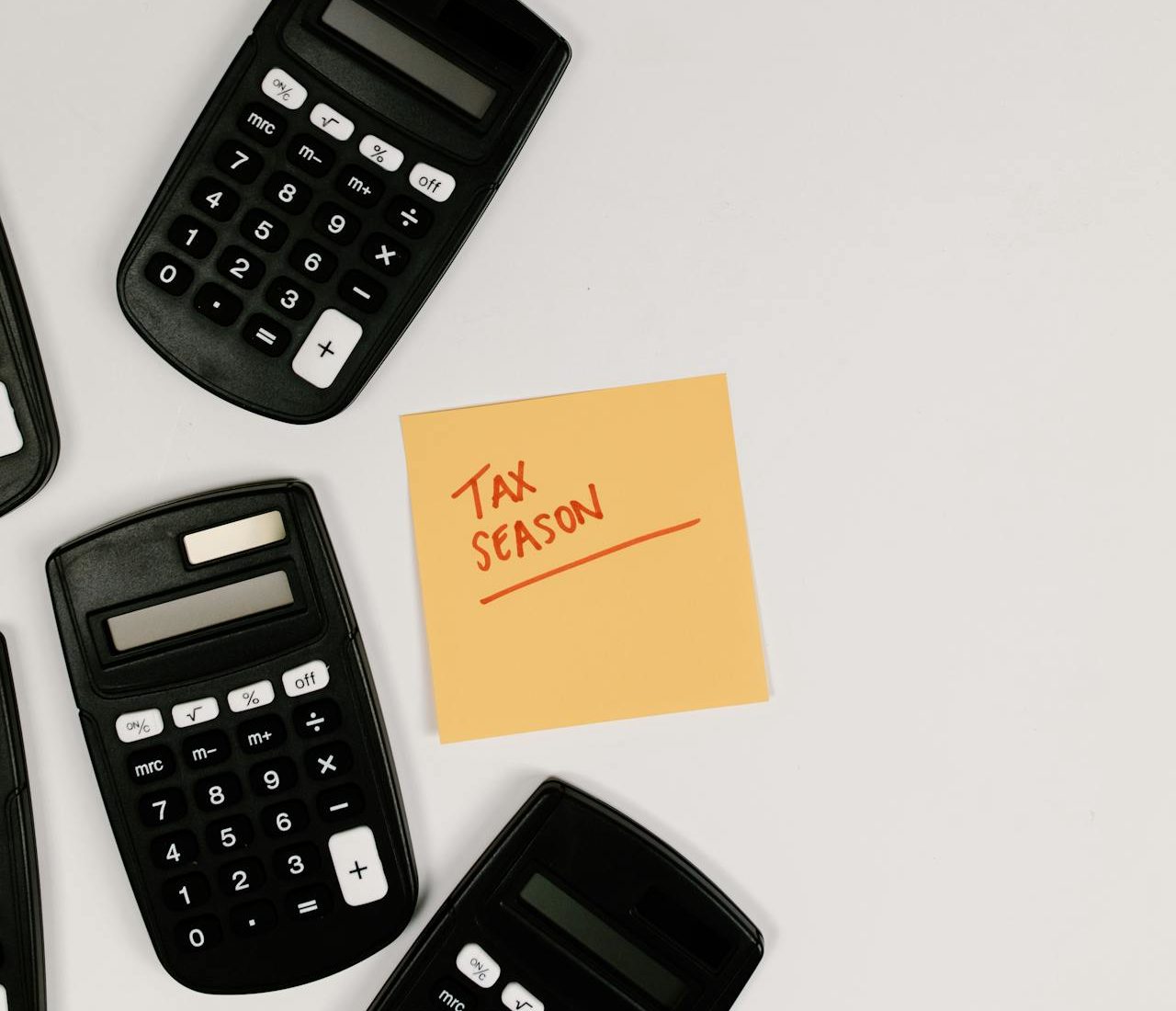
Navigating the 2023 Canadian Tax Season: A Guide for Households with Nannies and Caregivers
As we’re now in the 2023 tax season, Canadian households employing nannies and caregivers face another year of tax filings with new rules, deadlines, and potential benefits. Understanding these changes is crucial to ensure compliance with the Canada Revenue Agency (CRA) and to take full advantage of available tax credits and deductions. Here’s a guide to what you need to know for the 2023 tax year. Remember that the deadline to file the T4 of your nanny/caregiver with the CRA, without penalty, is the last day of February.
Key Deadlines
- Filing Deadline: For most Canadians, the deadline to file your 2023 income tax return is April 30, 2024. It’s crucial to meet this deadline to avoid penalties for late filing.
- Self-Employed Deadline: If you or your spouse/common-law partner are self-employed, you have until June 15, 2024, to file your taxes. However, any taxes owed must still be paid by April 30, 2024, to avoid interest charges.
- RRSP Contribution Deadline: To reduce your taxable income for 2023, consider contributing to your RRSP by February 29, 2024.
Tax Refunds and Processing Times
Electronic filing combined with direct deposit registration can significantly expedite your tax refund. The CRA aims to process these returns within two weeks. For paper returns, expect a processing time of up to eight weeks.
Assess Life Changes That May Impact Your Income Taxes
You may not realize it, but even seemingly minor changes to your life situation may make a difference to your tax situation. Make sure you assess this for your parents too if you’re preparing their taxes. Here are some key questions from Turbotax to consider:
- Did you get married or divorced?
- Did you move because of a job or schooling, sell property, or do major renovations for accessibility?
- Did you go back to school; or did your child go to school?
- Did you have a baby?
- Did you, or someone you care for, become disabled or seriously ill?
- Did you start a business? Even a side gig like driving an Uber counts.
- Did you start renting out your basement?
- Did you or your parent(s) turn 65 and start collecting CPP?
- Did you work from home during the 2023 tax year?
Preparing Your Taxes
Employing a nanny or caregiver involves specific tax considerations. Ensure you’re current on employment taxes, potential deductions for childcare or medical expenses, and any relevant employment insurance and CPP contributions. Detailed records and an understanding of the CRA’s requirements for household employers will help navigate this smoothly.
Complete the T4s for your household employees by the February 29, 2024 deadline. This includes providing the T4 to your employee, as well as filing it with the CRA. For more information on filing your employee’s T4, refer to the CRA link here:
And if you’re looking to see what deductions and credits you might be eligible for, check out our recent post: https://nannytax.ca/year-end-tax-planning-for-families-with-nannies-and-caregivers-maximizing-deductions-and-credits/
Start organizing your documents early, including T4s for employed nannies or caregivers, receipts for eligible expenses, and records of any benefits received or paid out.
Other Documents You Will Need:
- Your previous year’s tax return for reference
- Income T and R(Quebec) tax slips (T4, T4A, T5, T3, T4A(OAS), T4A(P), RL-1, RL-2, RL-3, etc.)
- Records of any other income (e.g. self-employment, rental income, and other investment income including expenses)
- Receipts for tax deductions and credits (RRSPs including any group retirement receipts, medical expenses including dental expenses, charitable donations, childcare or caregiver expenses, disability certificates, mortgage and property tax statements, student tuition and interest statements, etc.)
Consider using certified tax software, which can help streamline the filing process, especially with features like Auto-fill My Return (a CRA-facilitated service, enabling you and your authorized delegates to use approved software to pre-populate sections of your income tax and benefit returns with data already held by the CRA at the time the request is made) and Express NOA (a secure service provided by the CRA that enables you and your authorized agents to access your notice of assessment (NOA) immediately or notice of reassessment (NOR) through EFILE and NETFILE approved tax software, following the CRA’s processing of your tax return).
Noteworthy Changes and Benefits
- Climate Action Incentive Payment: Families in eligible provinces can look forward to this tax-free payment to offset the cost of federal pollution pricing. Eligibility is automatically determined upon filing your return.
- Canada Dental Benefit: The Canada Revenue Agency (CRA) has introduced a new financial aid to assist families with children under 12. This benefit offers a direct payment of up to $650 for each qualifying child, covering two years to help with dental care expenses. Families interested in availing of this benefit have until June 30, 2024, to submit their applications.
- The Disability Tax Credit (DTC): This tax credit is designed to alleviate some of the financial burdens associated with long-term care by reducing the income tax the household owes. When a senior parent qualifies for the DTC, it acknowledges the additional expenses incurred due to the impairment, which might not be fully covered by insurance or other government programs.
- Work-from-Home Deductions: With the ongoing shift in work patterns, those working from home may be eligible for specific deductions. It’s worth exploring whether you can claim expenses related to your home office.
- Medical Expense Tax Credit: You can deduct only those qualified medical expenses if paid by you, your spouse, or your common-law partner during any 12-month span that ends within the 2023 calendar year and which you did not previously claim in the 2022 tax year. It’s also worth noting that these expenses are deductible regardless of whether you paid for them within or outside Canada. For a list of eligible expenses, please visit: https://www.canada.ca/en/revenue-agency/services/tax/individuals/topics/about-your-tax-return/tax-return/completing-a-tax-return/deductions-credits-expenses/lines-33099-33199-eligible-medical-expenses-you-claim-on-your-tax-return.html#mdcl_xpns
Seeking Professional Help
Preparation and organization are critical to a stress-free tax season, so start early and remember the key deadlines!
If your tax situation is complex, seeking advice from a tax professional can be beneficial. They can guide you through deductions, credits, and filing obligations to ensure you’re maximizing your returns and maintaining compliance with the CRA. NannyTax can also help by generating T4s and T4 summaries and managing your payroll account with the CRA for you.
Credits: Photo by Tara Winstead: https://www.pexels.com/photo/black-calculators-on-a-white-surface-7111545/






